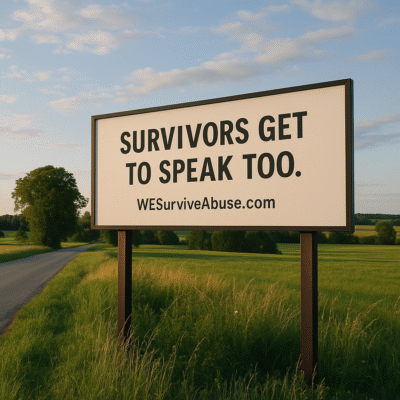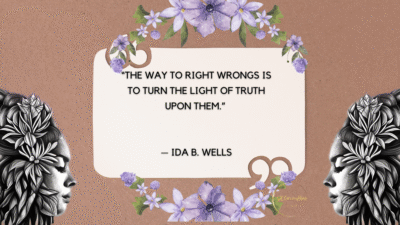“If they took your voice, take it back. If they laughed at your story, tell it louder.”— Survivor Affirmations There are some words that come into

“If they took your voice, take it back. If they laughed at your story, tell it louder.”
— Survivor Affirmations
There are some words that come into the conversation already carrying baggage.
They show up dressed in tone, shade, and judgment.
And suddenly, whole communities, experiences, and lifetimes get reduced to one insult:
“Victimhood.”
But let’s pause for a moment.
Because maybe—just maybe—some of these words need to be unpacked before they get used like weapons.
🎭 What Is Victimhood, Really?
 That’s the thing—few people ever define it.
That’s the thing—few people ever define it.
They just use it. Often when they’re uncomfortable.
Often when they’re deflecting.
Often when they want someone else to stop telling the truth.
They call our survival stories “victimhood.”
But never their own work.
Never their own focus.
Never the documentaries they make about violence.
Never the podcasts they listen to about injustice.
Never the movies that win Best Film that year or…. the book your counselor says that you ‘must read’ in order to be “healed”……
Never the religious books filled with stories similar to your own.
Never the studies they cite on harm.
Only your stories. And perhaps even the stories of people who look like you.
Strange.

For example, when you’re a professional in the military, law enforcement, psychology, or criminal justice, you can study trauma, talk about harm, and be applauded.
But if you’re a Survivor—especially one with a voice—you might get called “stuck in victimhood” for naming the exact same harm. For living it. For daring to speak about it.
Similarly,
- people who have recovered from substance use,
- people with disabilities,
- Survivors of mass terrorism, racist campaigns, colonialism, poverty, and
- parents of trafficked, missing and/or murdered children get accused of the same thing.
That’s the kind of twisted double standard that needs naming.
🧩 Words Without Definitions Are Often Used for Control
When terms like “victimhood” or “trauma culture” or “cancel culture” get tossed around without clear definition, they stop being language.
They become tools of manipulation.
They become ways to shame people into silence.
They become ways to dominate a conversation instead of engaging in it.
They become strategies to avoid accountability.
And that’s not dialogue. That’s not justice. That’s not even truth-seeking.
That’s coercion in disguise.
🧠 Yes, Some Words Belong to Specific Communities
Here’s the thing: not every term needs to be explained to the general public. Some language is sacred.
Some belongs to survivors. To communities of care. To chosen families. To folks who had to name the thing just to survive it.
But when a word like victimhood is used against people—especially without context or clarity—it needs to be checked.
If you’re going to use it, define it.
If you’re going to critique it, be honest about your own biases.
And if you’re going to silence people with it, know that we see right through that.
✊ Survivors Deserve Language that Liberates, Not Condemns
 At We Survive Abuse, we know that words matter. Definitions matter.
At We Survive Abuse, we know that words matter. Definitions matter.
And when words are misused, they can become weapons.
So we say this with our full chest:
We are not ashamed of surviving.
We are not ashamed of naming the pain.
We are not ashamed of demanding a world where truth, justice, and healing are possible.
If that looks like “victimhood” to someone?
Then maybe the problem isn’t the word.
Maybe it’s the mirror.
“Each time a woman stands up for herself, she stands up for all women.”
— Maya Angelou
“Truth is powerful, and it prevails.”
— Sojourner Truth
“It’s not just what you say. It’s that you dared to say it.”
— Survivor Wisdom
“If you’re not speaking it, you’re storing it—and that can make you sick.”
— Dr. Thema Bryant
“There are years that ask questions and years that answer. I will not be quiet through either.”
— Inspired by Zora Neale Hurston
“We speak because silence was killing us slowly.”
— From the We Survive Abuse archive
“Don’t shrink your truth to keep someone else comfortable. That’s not peace. That’s erasure.”
— Tonya GJ Prince
“To tell one’s story is to heal it. To tell it in your own words is to own it.”
— From the We Survive Abuse Community